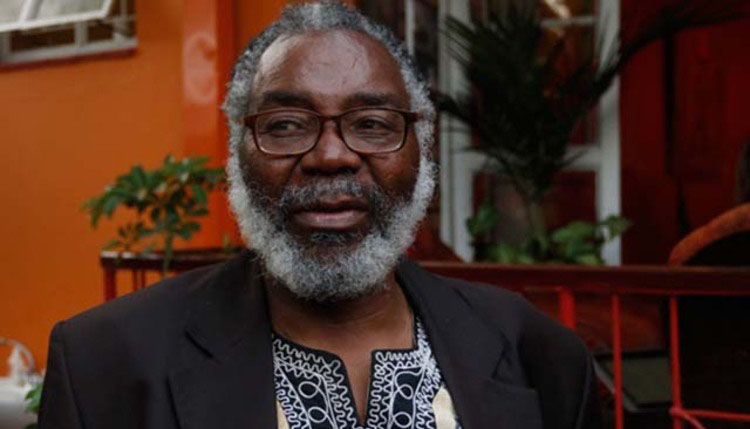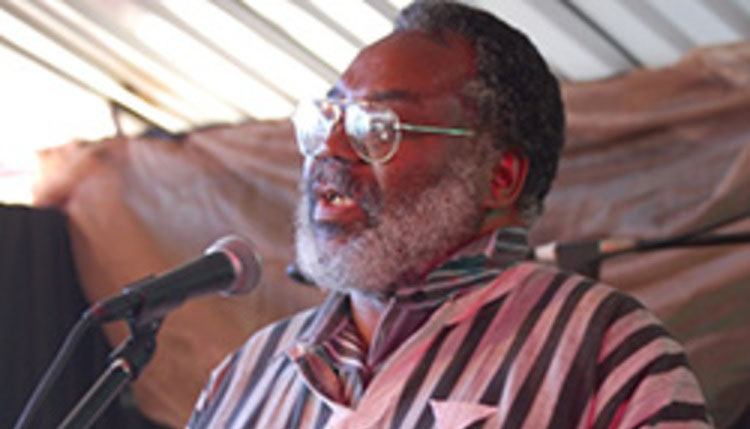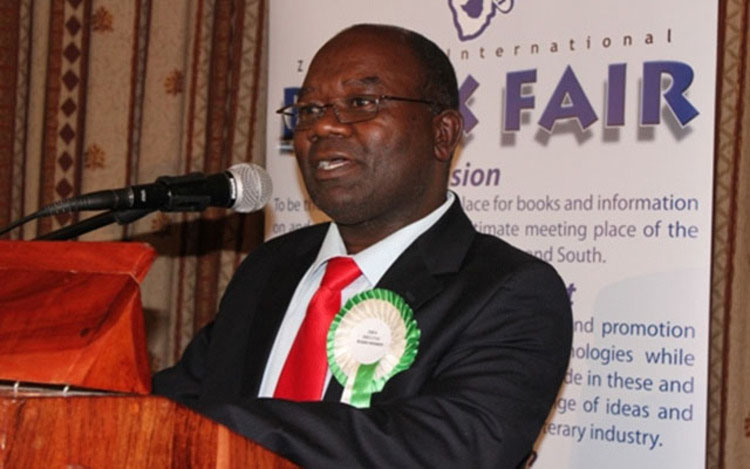
The Sunday Mail

Takudzwa Chihambakwe
Established and budding artistes in Zimbabwe are always appealing for funding, especially as Government and non-governmental organisations seem to be focused on other areas.
However, not so long ago, the local arts sector was getting about US$1 million every year. This happened for close to 10 years.
The money came through Culture Fund of Zimbabwe Trust. Since 2007, many artistes and arts organisations benefited from the resources.
“In the last decade, the Culture Fund of Zimbabwe Trust, a non-profit making development organisation, served Zimbabwe as an active social transformation agent working within communities through investments in innovative and sustainable creative sector capacities.
“It has supported more than 1500 creative sector projects and development initiatives across Zimbabwe’s 10 provinces,” said Culture Fund executive director Farai Mpfunya.
Some of its supported social change interventions included general grants to artistes, skills and institutional capacity building, heritage preservation, livelihoods and creative enterprise promotion, socio-cultural rights fostering and collaborating with Government in peace building, social cohesion as well as cultural policy development projects.
“Working with diverse partners, the impact of Culture Fund investment into the creative sector has, therefore, been reflected at many levels. The fund has been a unique enabler within the Zimbabwean society, helping mainstream innovative solutions into sustainable development interventions.
“To have a fully thriving creative sector with robust creative industries, other social and economic investments would have been required.
“A fully fledged creative industry is driven by many forces beyond funding. Culture Fund hopes that the prevailing socio-political environment will usher the much needed investments and political will to implement clear and appropriate national strategies,” added Mpfunya.
However, since last year, the Culture Fund Trust changed its funding model.
Will this affect the arts sector?
Said Mpfunya: “While the Culture Fund has recently been involved in purely development programmes, albeit leveraging on the transformative power of creative arts, it continues to solicit for funding that will enable it to revive its general creative arts grants programme. Elements of innovation, demonstrable impact and sustainability, both social and economic, will be incorporated into criteria for selecting projects the fund will partner with in future.”
But despite all the investment the Trust put into the sector for over a decade, the arts fraternity still experiences stunted growth.
Highlighting some of the Culture Fund’s weaknesses and proposing the way forward, renowned playwright and arts practitioner, Stephen Chifunyise said there is need to follow up on the investments.
“The Culture Fund lacked a follow up system. Money would be given out but nobody would trace whether it was being used for its intended purposes. No one would change if the submitted invoices were not inflated,” said Chifunyise.
“With the changes in the funding models, there came a time when budding artistes accessed the funding. They had no capacity to handle such huge sums of money and therefore there were chances it was being abused.”
Chifunyise, however, urged Government to take an active role in funding the arts sector.
“Culture Fund has done very well. However, the impact of what it is doing will not have a mega effect unless Government begins to fund the sector.
“Over the years, artistes have been looking to foreign aid but this has to change in this new dispensation,” he added.
Over 1500 projects across Zimbabwe have benefited from Culture Fund support.
These include the seminal Baseline Survey on the Culture Sector, Study on Measuring Economic Contribution of Zimbabwe’s Cultural Industries and other research projects, the ZimbaArts portal, refurbishment of the Harare City Library and its large books catalogue; restoration of the Shona Village at the Great Zimbabwe and launch of a new website.
Support was also rendered to formulation of the new Zimbabwe Cultural Policy, Arts festivals, filmmakers, artistes’ regional and international cultural exchanges, the Book Fair and published authors, visual artistes (fine arts and crafts) and exhibitions and honouring artistes through Nama awards.






